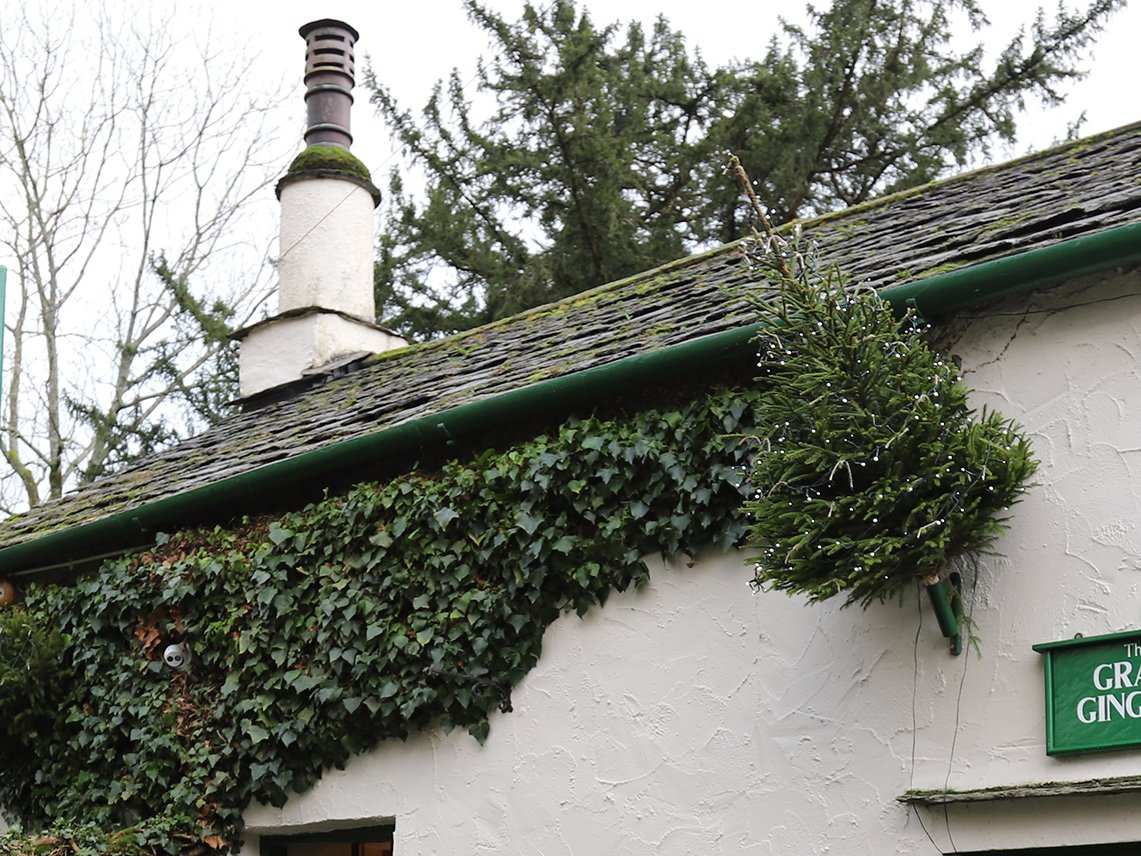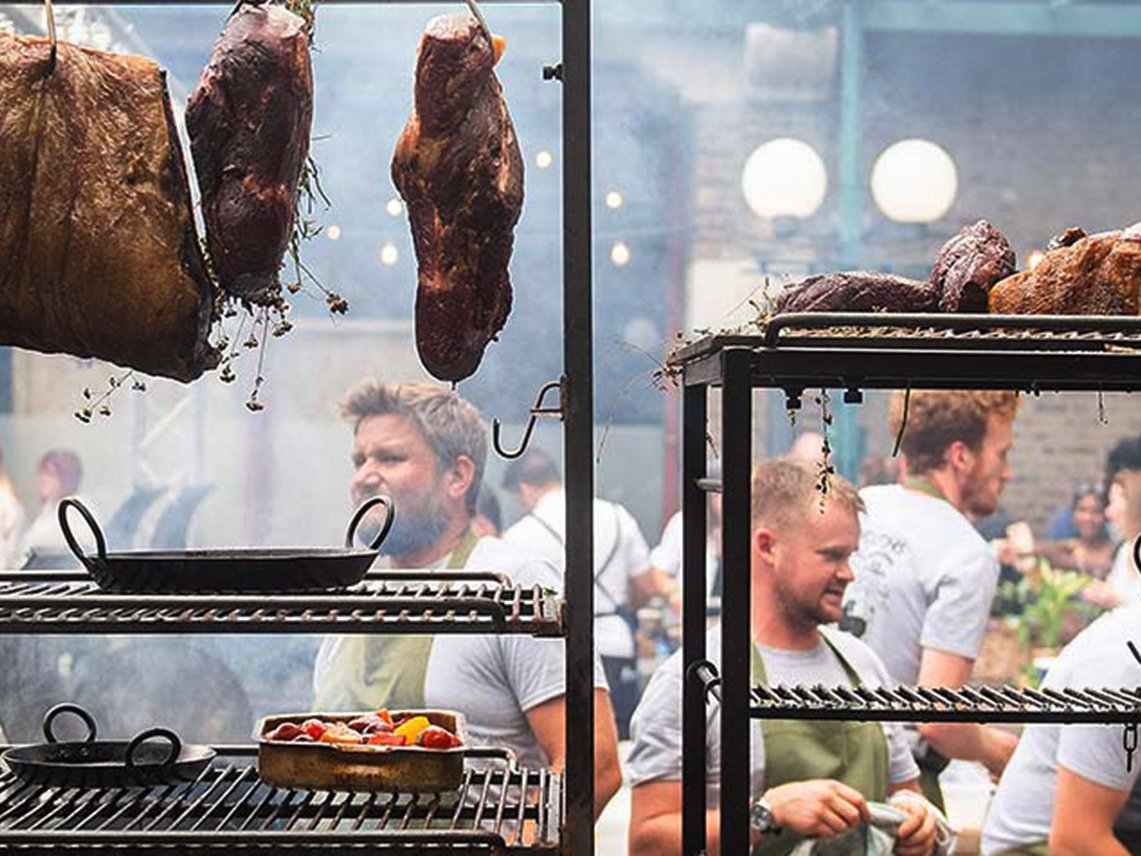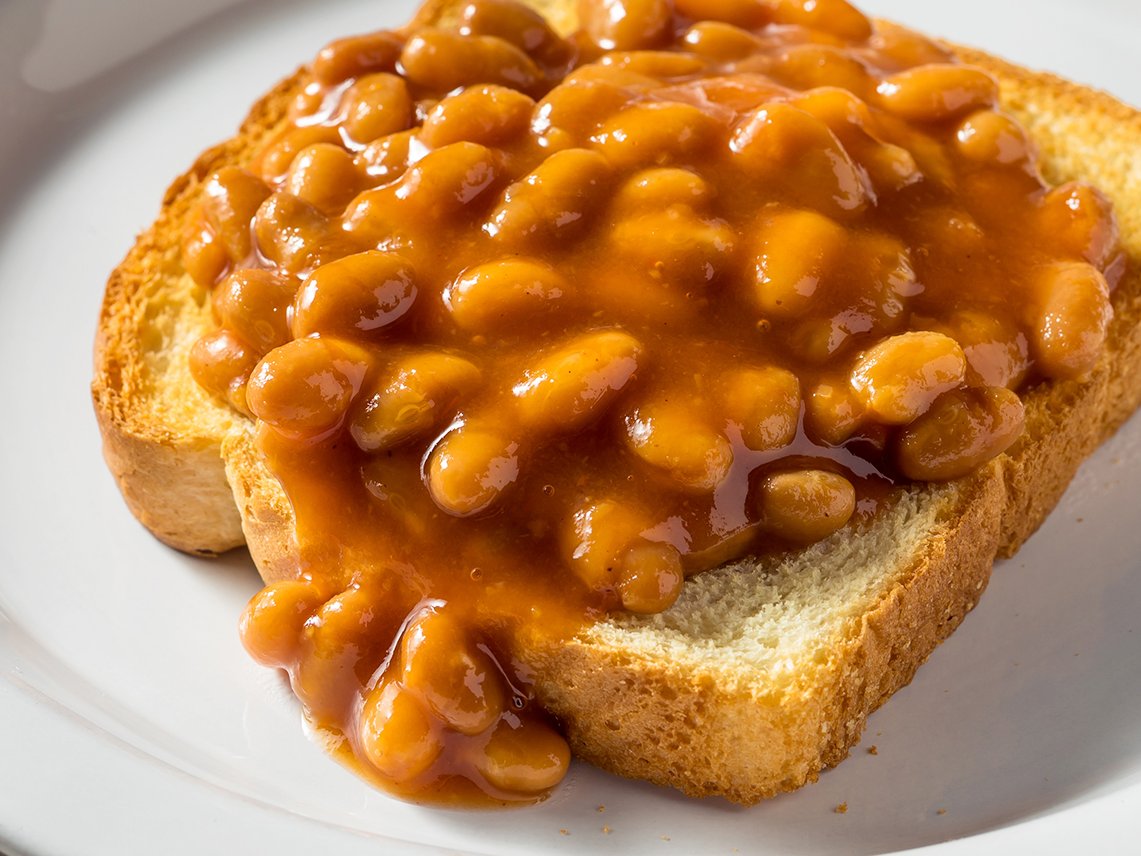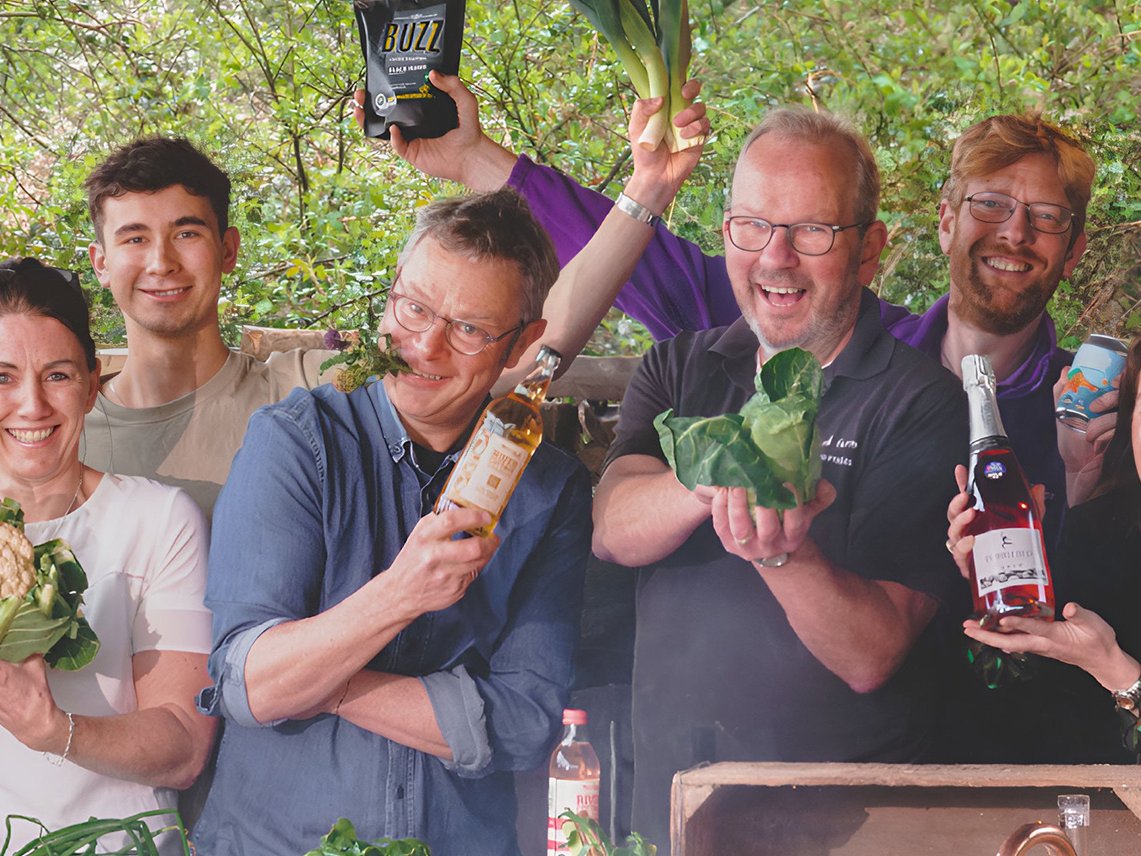Five English ciders for wine lovers
Cider is so often viewed as an inferior product to wine. But a new wave of producers is tapping into this category’s rich heritage.
These producers are using rare varieties and winemaking techniques to create real finesse and gastronomic appeal. Here are 5 to discover.
1. The Newt Fine Cyder
Anyone who’s visited Somerset estate The Newt’s immaculate hotel and gardens will realise that its core customer base is rather more genteel than the rustic stereotype of a cider drinker. Undeterred, they’ve channelled this county’s generous orchard bounty in a suitably elegant direction that’s designed very much to appeal to wine drinkers.
The Newt Fine Cyder uses dessert apples instead of sharper, more tannic cider varieties, deploying a winemaker’s mindset – think tartaric acid and Champagne yeast – to create this beautifully clean, vibrant drink that’s the perfect foil for a light lunch. Fans of Mosel Riesling will be very much in their comfort zone here, right down to the stylishly slim 750ml bottle. It was even poured at London summer social highlight, the Chelsea Flower Show.
2. Little Pomona
The cider produced by this small, innovative Herefordshire producer certainly isn’t pretending to be wine, but its delightfully creative portfolio very much speaks the same language. Since their 2017 launch, Susanna and James Forbes have been busy capturing the essence of rare or neglected varieties, embracing barrel fermentation, lees aging or solera systems, and even exhibiting their eye-catching labels at vinous events such as The Real Wine Fair.
Fizz – or indeed tarte tatin – fans should try Brut Zero NV, a traditional method sparkling blend of three varieties, partly barrel fermented, then disgorged after 22 months’ lees aging. And have you ever tried a wine that grabs you with its aroma, so you almost forget to drink it? That’s very much the case with Little Pomona’s Egremont Russet 2020, the olfactory equivalent of reaching into a summer hedgerow full of Mirabelle plums.
3. Balfour Hush Heath Jake’s Orchard Cider Rosé
Hush Heath Estate in Kent has made its name over the last 20 years as one of the high-flying faces of the English sparkling wine boom. But the property also boasts significant orchards, and head winemaker Owen Elias has plenty of experience in transforming this fruit into similarly superior beverages.
Wine lovers should look out in particular for Jake’s Orchard Cider Rosé, a gently sparkling, Champagne yeast-fermented apple wine. Finished with a dash of strawberries and blackcurrants, there’s a charming, soft red fruit character to this beautifully clean drink that makes it a very tempting alternative to Prosecco.
- Balfour Winery (but product mentioned not sold via their website – instead at Grape Britannia)
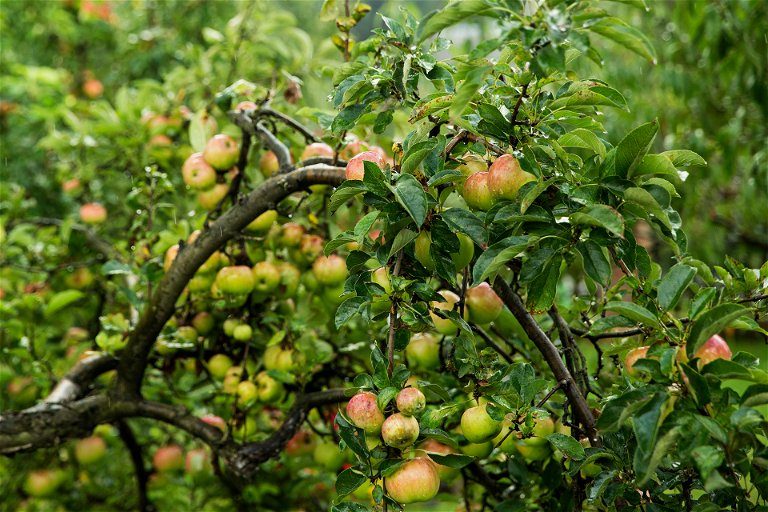
4. Find & Foster
Devon is another English county with a deep cider heritage, but huge swathes of orchards have been lost over the last century. Find & Foster founders Polly and Mat Hilton work with Exe Valley farmers to slow this decline, preserving important biodiversity and rare genetic material by giving deliciously commercial purpose to their fruit.
You don’t need to venture to the West Country for a taste of this liquid gold. Top London restaurants such as Clove Club, Kerridge’s Bar & Grill and Tate Modern, as well as fine wine merchant Jeroboams, are just some of the outlets convinced by the superior, distinctive quality of these ciders.
5. Wilding Cider
Anyone still in doubt that cider can make a very respectable mealtime stand-in for wine should explore the Wilding range. Founders Beccy and Sam Leach certainly bring a gastronomic mindset, having previously run popular Bristol restaurant Birch. Now fulltime cider makers, they use fruit from their own orchards in the North Somerset village of Chew Magna, bolstered by supplies from a handful of other local sources.
Wilding is the name given to a feral apple tree, often grown from a carelessly discarded apple core, but it’s also a title that fits neatly with the wider ethos here. Think wild yeasts, local varieties, organic orchards, fully ripe fruit that is left to fall to the ground, small batches and slow maturation. There’s terroir here too: just try the lightly sparkling, medium sweet, mere 4.5% ABV, single orchard cider Ditcheat Hill 2021 with a hunk of proper Somerset cheddar.



